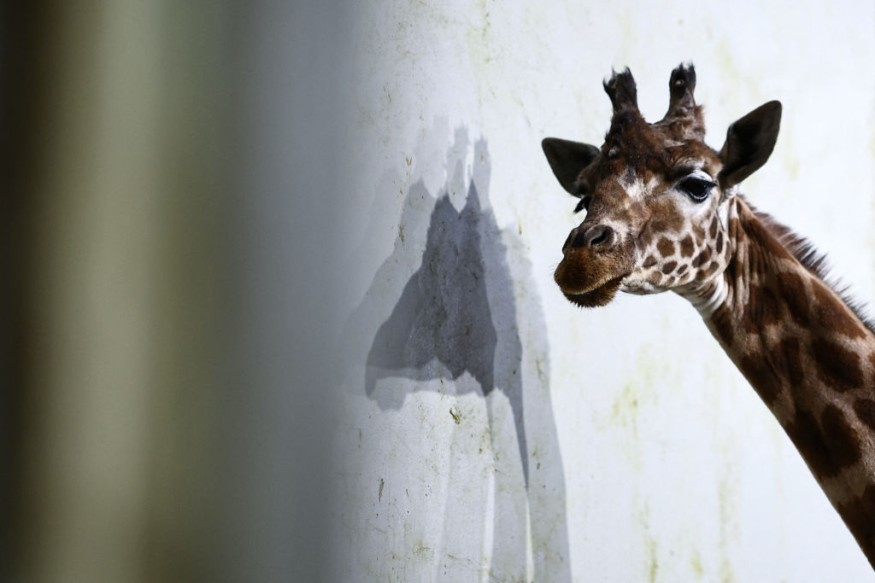
Viruses that infect bacteria, also known as bacteriophages, were discovered by scientists in animal waste and are now being examined as potential antibiotics.
Scientists believe viruses extracted from the excrement of giraffes, lemurs, and long-whiskered mammals known as binturongs could be effective for eradicating drug-resistant bacteria and preventing further antibiotic resistance.
Phages in Animal Poop
The idea occurred to Graham Stafford, head of microbiology at the University of Sheffield and the study's leader, while he was visiting the Yorkshire Wildlife Park, a wildlife conservation and rehabilitation center in Branton, England.
Phages are the main component of phage therapy, a new treatment for bacterial illnesses.
Phages have been utilized as an alternative or addition to standard antibiotics in clinical trials and in extreme circumstances where other treatments have failed.
This often kills pathogenic bacteria by penetrating their cells and slicing them open from within.
These phages can have very restricted targets - as few as one or a few bacterial strains within one species - which means they don't put pressure on a large number of bacteria to develop resistance to treatment, as broader-spectrum antibiotics do.
Phages drive bacterial evolution, but when bacteria adapt to avoid phages, the targeted bacteria become more susceptible to standard antibiotics.
"They tend to target only certain species, or even certain strains, so the more that we've got ... then the more chance we've got of taking this therapy to a point where we can cover as many bases as possible," Stafford added.
Collected Animal Poop Shows Surprising Find
Researchers from the University of Sheffield in England have been looking for bacteriophages, or bacteria-infecting viruses, in animal excrement from Yorkshire Wildlife Park,
The park is home to over 475 animals representing more than 60 species, providing scientists with opportunities to look for bacteriophages, or "phages," in a variety of exotic feces.
After collecting a poop sample, the researchers add water, combine it into a slurry, and then heavily filter the combination until only viruses remain.
The phages are then exposed to bacteria in lab dishes to evaluate which germs they may infect; this shows which phages would be effective for human therapy.
They also extract DNA from the phages to compare their genetics to already cataloged viruses, evaluate their stability and heat resistance, and take microscopic photos to determine their shapes and sizes.
The team is presently concentrating on discovering phages that can aid in the treatment of foot infections in diabetics, which is a typical issue for patients whose blood sugar levels are not effectively controlled with medicine.
Clinical trials to investigate phage therapy for such infections are underway or about to begin elsewhere in the world, and some completed early-stage trials suggest that the treatment is safe in humans.
"It is important not to think that you're going to take poo and put it on people's feet - in the end, you're making a product, like a medicine or an ointment," Stafford said.
Stafford and his colleagues have yet to publish any research connected to their work with the Yorkshire Wildlife Park.
Meanwhile, they are developing a phage cocktail that might be examined as an antibacterial medicine.
Related Article : Loss Of Animals' Poop Disrupts Nutrient Cycles, New Study Shows
Related Video:
© 2025 NatureWorldNews.com All rights reserved. Do not reproduce without permission.





